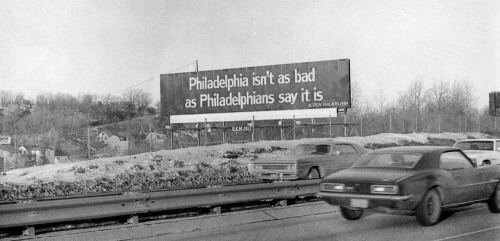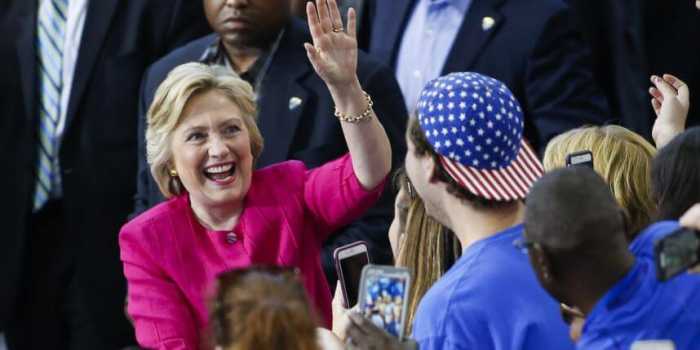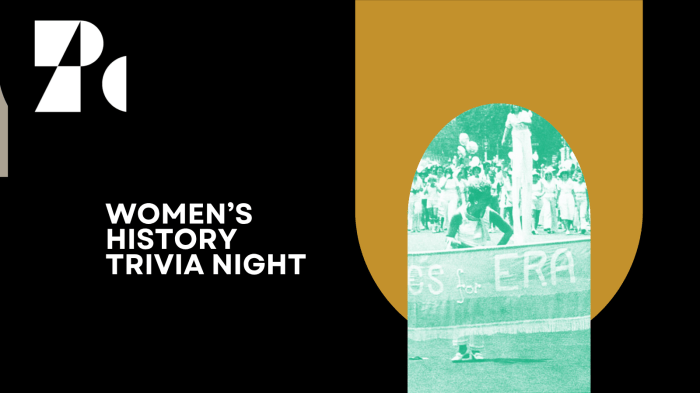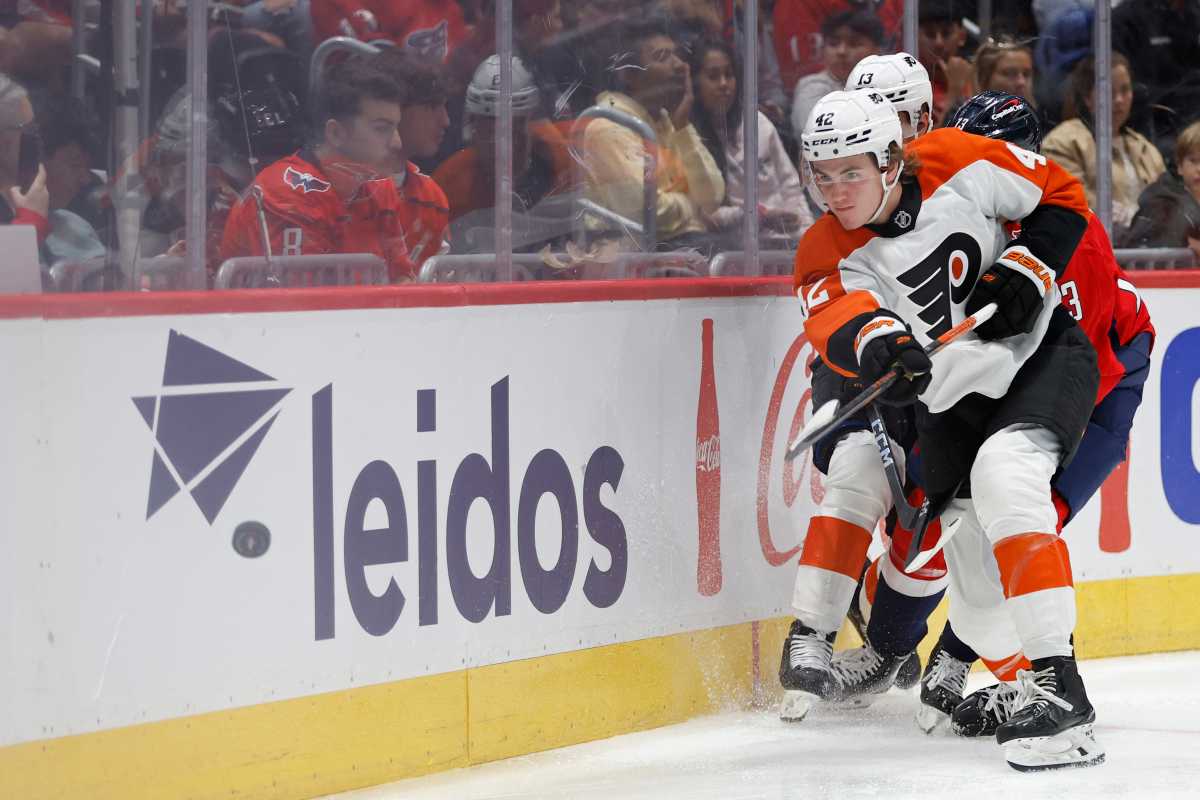The city ofPhiladelphia was hit with a lawsuit Thursday alleging that its refusal to issue a protest permit to a social-justice organization during the Democratic National Convention restricts the group from exercising its constitutional freedom of speech. The lawsuit, filed by the American Civil Liberties Union (ACLU) of Pennsylvania on behalf of Kensington-based Poor People’s Economic Human Rights Campaign (PPEHRC), accuses Phillyof “content-based” censorship. “It appears that the City favors block parties and other celebrations over protest, or that it favors commercial or prestigious speakers over those less powerful. Either rationale is content-based and prohibited by the First Amendment,” the lawsuit alleges. In May, Cheri Honkala, founderof PPERHC, applied for a permit to march from City Hall to FDR Park at 3 p.m. onJuly 25, the convention’s opening day. But the city denied the permit based on an unwritten ban on marches in Center City streets from 7 a.m. to 9 a.m., and 3 p.m. to 6 p.m. seemingly so as to not interfere withrush-hour traffic. “We are filing the lawsuit today because the last thing that poor people have is their voice, and we can’t allow our voice to be taken away,”Honkala said.
The city’spermit policy for demonstrationsstates that among the grounds for application refusal is if”the demonstration will substantially or unnecessarily interfere with trafficin the area contiguous to the activity, and will unreasonably disruptmovement or circulation of vehicular or pedestrian traffic,” though it does not indicate specific times. But the lawsuit points out that the city has “routinely authorize[d] street closures on Center City streets during this time on weekdays, as evidenced by a list on the city’s own events webpage.” “This spring, the city has closed Center City streets during so-called rush hour for victory parades, block parties, and restaurant events,” the lawsuit claims. “The city also routinely allows protests in Center City during supposed “rush” hours at the discretion of the police. The refusal to grant a permit, however, leaves protesters to take their chances on whether the police will stop or allow their protest.” Additionally, the PPEHRC and thousands of city residents peacefully marched the same route during the Republican National Convention in 2000, which Honkala led.
Mayor Jim Kenney’s spokeswoman Lauren Hittconfirmed rush-hour traffic as a reason for denying PPEHRC’s application.
“They requested to demonstrate on property that is already being used for another event. To accommodate their route, we would also have had to shut down South Broad Street during evening rush hour,”Hitt said in an emaillast month. But Honkala’s not convinced.
“That’s a game,” she told Metro. “We know this space is available at that time.”
The PPEHRC, a coalition of community organizations and nonprofit groups, seeks to advance economic human rights by highlighting issues of hidden poverty and ending economic poverty.
Honkala said she thinks the city denied their application because it didn’t want the group to expose the city’sissues of poverty and homelessness while the national spotlight is on Philadelphia for the DNC. “This is basically cosmetics,” Honkala said in May. “This is ‘let’s sweep up and hide poor homeless people prior to the Democratic National Convention, let’s pretend like we’re doing a good job providing the basic necessities of life for people who don’t have these things.'” “Political conventions are a time when the nation’s attention is focused on the problems facing our country,” said Reggie Shuford, executive director of the ACLU of Pennsylvania. “It is vital to our democracy that there be every opportunity for public participation in that national conversation.” The city declined to comment on the lawsuit, saying in an email that the Law Department is still reviewing the complaint.
The city has so far issued fivepermits for demonstration during the DNC: three in Old City’s Thomas Paine Plaza, one for Bernie Sanders at FDR Plaza and a mile-march from City Hall to Independence Mall. But Mayor Jim Kenney has said protesters won’t be arrested solely because they don’t have a permit.
In an effort to ease stress on the city’s prison system, a City Council committee passed legislation allowing Philadelphia Police officers to issue $200 civil fines for nuisance fines, like disorderly conduct, blocking a street and failing to heed a request to disperse. But in the event of mass arrests, like when the city arrested 400 protesters during the Republican National Convention in 2000,the city announced Wednesday it was readying a previously defunct prisonto deal with prisoner overflow. By Thursday morning, theInquirer reportedsuch plans were scrapped, and the city will instead use other prisons currently in the system. Meanwhile, Honkala is also planning a protest during Hillary Clinton’s nomination acceptance speech on July 28. Honkala plans to feed demonstraters a bean-filled dinner, after which they willstage the “world’s largest fart-in” at the Wells Fargo Center.
ACLU sues Philly over DNC speech restrictions
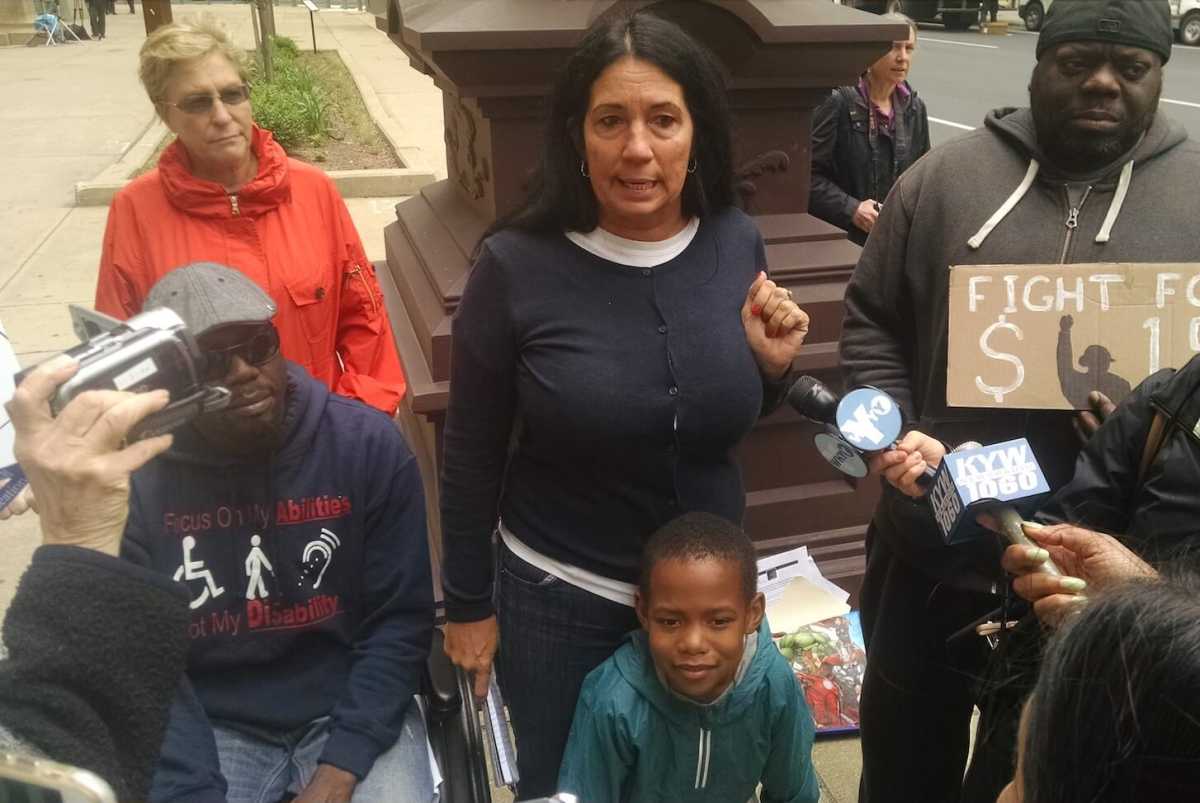
Sam Newhouse





